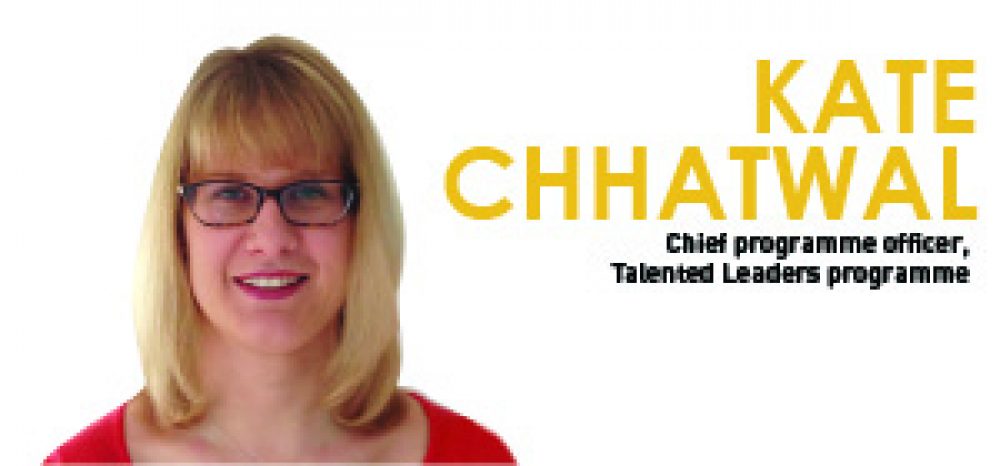Figures suggest governors have a gender bias when they appoint headteachers. So what happens when they don’t have a say?
I have written before about the apparent gender bias among some governing bodies that contributes to women being significantly under-represented in headship. So I was interested to see what would happen when we took governors out of the equation in recruiting headship-ready leaders for the Talented Leaders programme.
The results were fascinating: 44.8 per cent of applicants were women and 45 per cent of those who were successful in the selection process were women.
My conclusion is that there is much we can learn about female leaders’ ambitions and the likelihood of them being realised when governors’ preconceptions about who makes a good headteacher are eliminated.
Sixty-five per cent of this year’s Future Leaders cohort are women
That women are almost as likely to apply to the programme as men challenges the notion that women aren’t up for headship. Although 44.8 per cent is still well below the proportion of women in the teaching workforce, it proves there are plenty still willing to take on headship – including as part of a programme that commits them to relocating to where their leadership is needed most.
And, instead of meeting a governing board that might have outdated views about the “right man” for the job, those who applied met a robust selection process designed to minimise interviewer bias. None of the applicants got an easy ride.
It began with a written application and a number of essays that applicants used to evidence their track-record as an effective senior leader or head. Following that, successful applicants were put through a rigorous five-part technical selection process, designed with the Association of School and College Leaders to emulate the activities used by governing boards.
They also had to complete a two-hour interview looking for evidence of the competencies that research from the Future Leaders Trust and Hay Group suggests are the best indicators of leadership potential. The profile of the assessors that we used is also important; experienced heads, former heads, coaches and accredited behavioural interviewers. Each underwent demanding training and their assessments were subject to quality assurance. Each candidate was evaluated by a different assessor for each task, based on a clear set of competencies that defined, in advance, what a successful candidate would say or do on each activity.
The judgments were then brought together to triangulate the candidates’ performance across the day, based on objective evidence. Using different assessors for every task diminished the risk that any one assessor’s biases (and we all have them, whether conscious of them or not) led to applicants being penalised unfairly, with subjective opinion challenged and disregarded in the final “wash-up” discussion. Finally, individual assessors did not know the success bar, ensuring that no one could engineer a pass or fail through their scoring.
The result was that male and female applicants were equally successful. That those that made it through have been snapped up by schools in the programme is an external validation of the process. Women make up two-thirds of those matched to schools so far.
Talented Leaders is still in its early days. Many of our heads don’t take up post until September but some, such as Nadia Paczuska, Craig D’Cunha and Christine Woods, are already making a difference to the children and communities they serve. All are committed to spending at least three years in the schools they are appointed to.
It should perhaps be no surprise that women fared so well. In the past three years, female applicants to the Future Leaders programme – our accelerated headship programme, which uses similar selection methods – have outperformed men. Sixty-five per cent of this year’s cohort are women. The contrast between these figures and those of the national workforce are an interesting illustration of what happens when an objective selection process is used.
Talented Leaders recruits exceptional school leaders and matches them with schools struggling to recruit a headteacher. Apply now or contact The Future Leaders Trust if your school is looking for a great headteacher.







Your thoughts